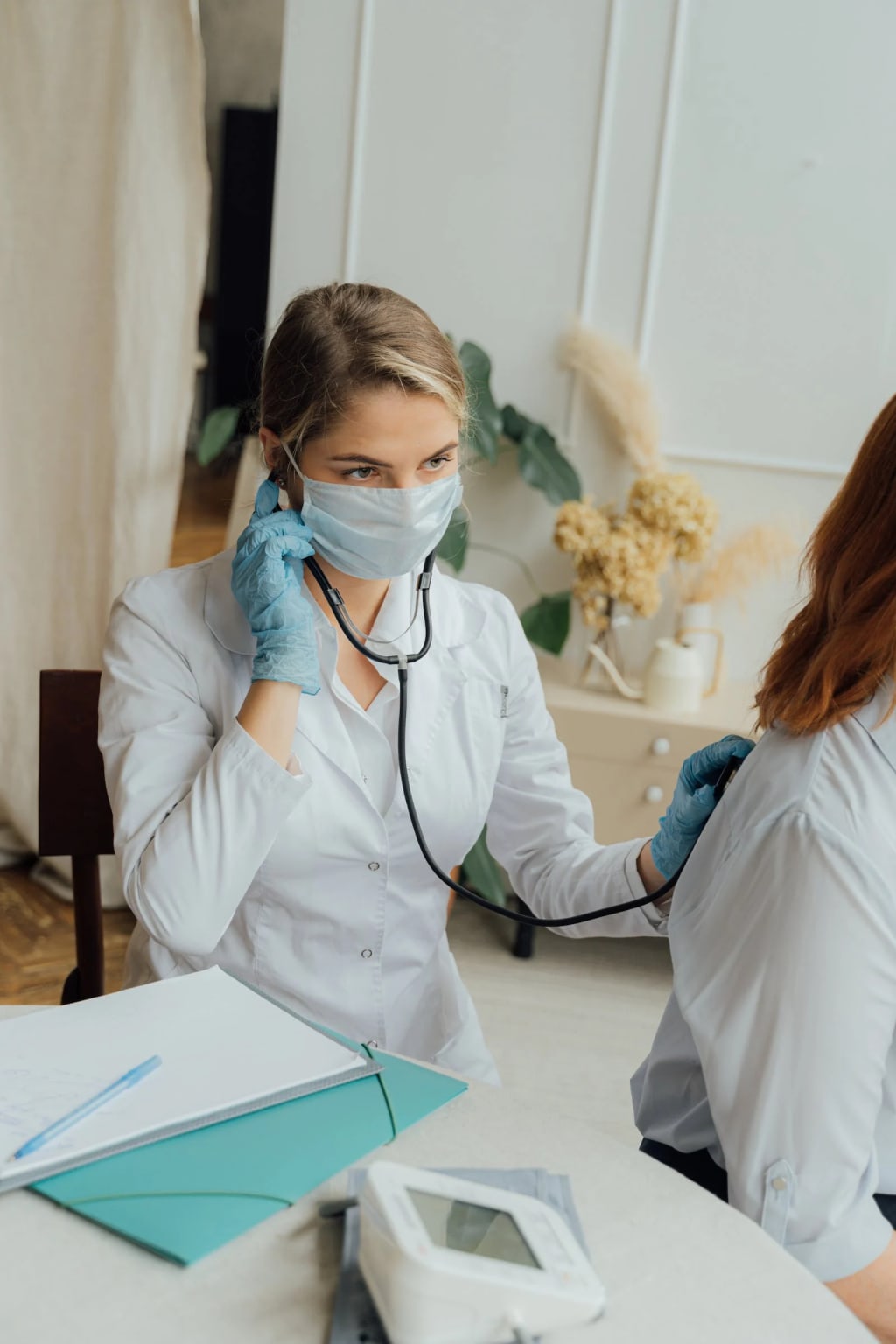School and Sports Physicals
Not only is it medically important for your children to play sports, but many states require it before children can play sports.

Physical Exams are Necessary for Teen Sports
More than 38 million children and youth practice one or more sports. Unfortunately, many of these children were injured. Most of these injuries are minor and children recover easily. But some are great. The risk of injury is real and it is important that children are medically prepared. One way to do this is to perform a physical exam before any vigorous and prolonged physical activity.
Additionally, many non-school sports organizations require children who wish to participate to prove that they have recently participated in physical sports.
Sports Physicals: What exactly are they?
Physics games are very different from standard physics. While general physics is used to assess a person's general health, sports physics exam focuses on orthopedics (joints and bones) and muscles. A doctor, usually a GP, will look for conditions that may affect sport. The doctor will also review the patient's medical history and note anything unusual.
For example, a history of serious heart disease should be treated. Intense physical activity can sometimes trigger a large and sudden heart attack, even in a young person. Obviously, this should be avoided at all costs.
A child's doctor may, at their sole discretion, exclude a child from sport. This is usually done only in the most severe cases, when doctors recognize that exercise is an important part of a child's social activity. But the health and safety of children comes first.
Where Can a Child Get a Sports Physical?
There are many places where children can practice physical education. Of course, they can go to the GP. But many other places offer physical sports. For example, many pharmacies offer physiotherapy. Although most schools and sports organizations accept these tests, they should not be part of a general health examination performed by a child's primary care physician. Some schools offer physical therapy performed by medical professionals. This is particularly common in schools in affluent areas.
When Should a Child Get Their Sports Physical?
Many parents stop physical sports as much as possible. But that doesn't mean focusing only on issues that might prevent an athlete from participating in the desired sports. It is advisable to take the child to the doctor a few weeks before the competition season so that any physical ailments can be treated before the activity begins.
What Happens During a Sports Physical?
A sports physician begins with a thorough medical history. The doctor will review the patient's medical history and then ask several questions. Children are often required to complete a medical history form. Young children can ask their parents to complete the form. But the investment is made by the taxpayer himself. In fact, questions are asked about the consumption of drugs, alcohol and tobacco. He often asks about the upcoming action. Teenagers often don't want to talk about these things with their parents, but a doctor should know.
Conditions that May Disqualify a Child from Sports
Some conditions are so serious that the child should be banned from participating in sports altogether. These conditions are usually made worse by physical exertion and some can be life-threatening. Some of these conditions are asthma, shortness of breath, history of concussions, heart problems, drug use (legal and illegal), and family history of heart problems.
As mentioned earlier in this article, the more serious concern is heart problems. There have been many recorded cases of sudden massive heart attacks in young people during sports. There are times when it happens without warning, but usually the child has a history of heart problems and the family has a history of heart disease.
The Physical Exam
After getting information from the child and the child's parents, the doctor does a physical exam. They usually measure height and weight, measure pulse and blood pressure, and check the heart and lungs. After completing this part of the exam, doctors test neurological functions such as coordination, strength, and reflexes. Sometimes they will check your vision and hearing, but not all doctors do. However, nearly all sports doctors will examine your nipples and joints. Most will take urine and blood samples and check for hernias. Some will also provide vaccinations, but not all doctors will do this for sports physicists.
The Final Determination
The health care professional will decide whether it is safe for the child to play sports and will usually inform the child and his or her parents of their decision. The decision may vary depending on the sport played. A child who wants to play golf doesn't have to meet the same standards as a child who wants to play soccer, for example.
Sometimes the doctor allows the child to play, but with some restrictions. A child with severe allergies may need an injection of adrenaline at any time in case of an attack. A child with asthma may need to carry an inhaler with them to ensure they don't suffer a severe attack of the condition, as it often gets worse with physical activity. Children should have a new physical sport every season.
About the Creator
Enjoyed the story? Support the Creator.
Subscribe for free to receive all their stories in your feed. You could also pledge your support or give them a one-off tip, letting them know you appreciate their work.






Comments
There are no comments for this story
Be the first to respond and start the conversation.